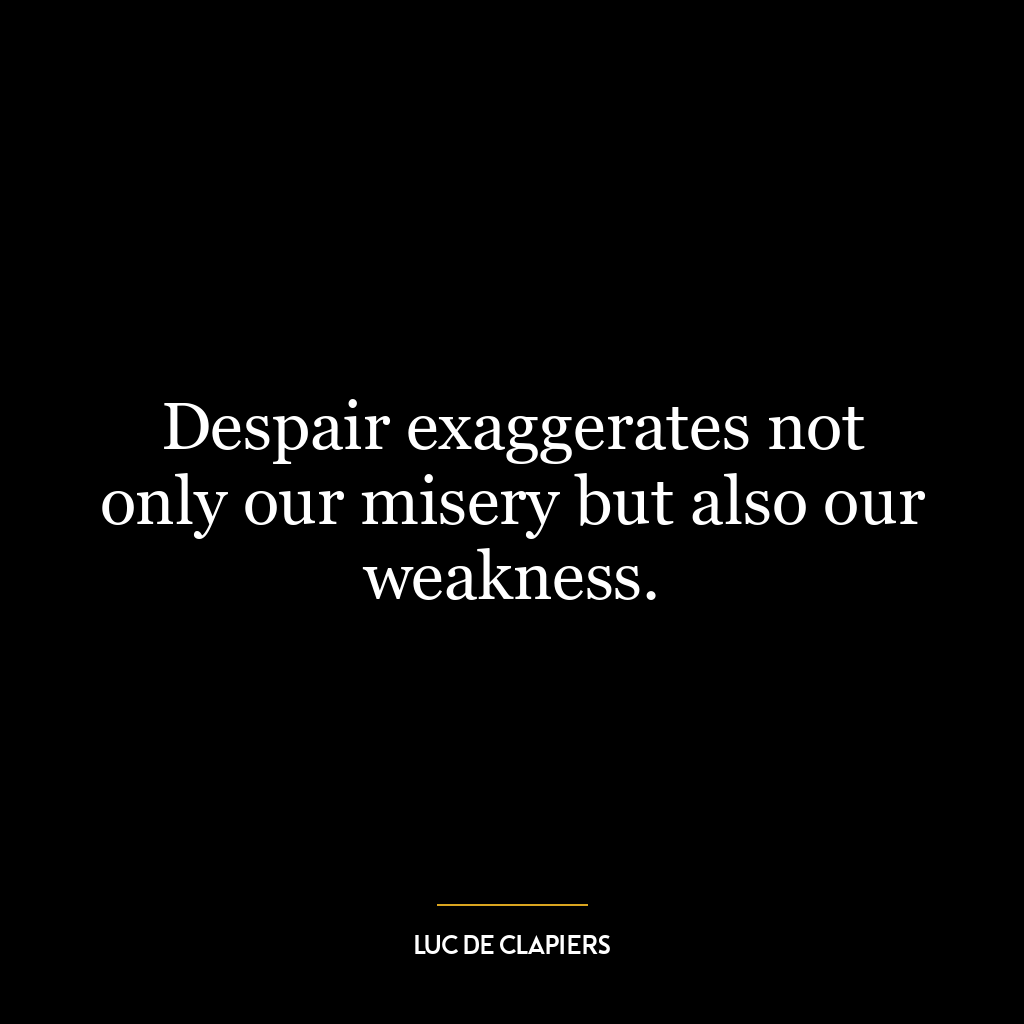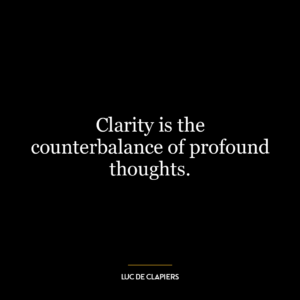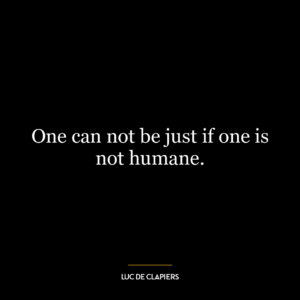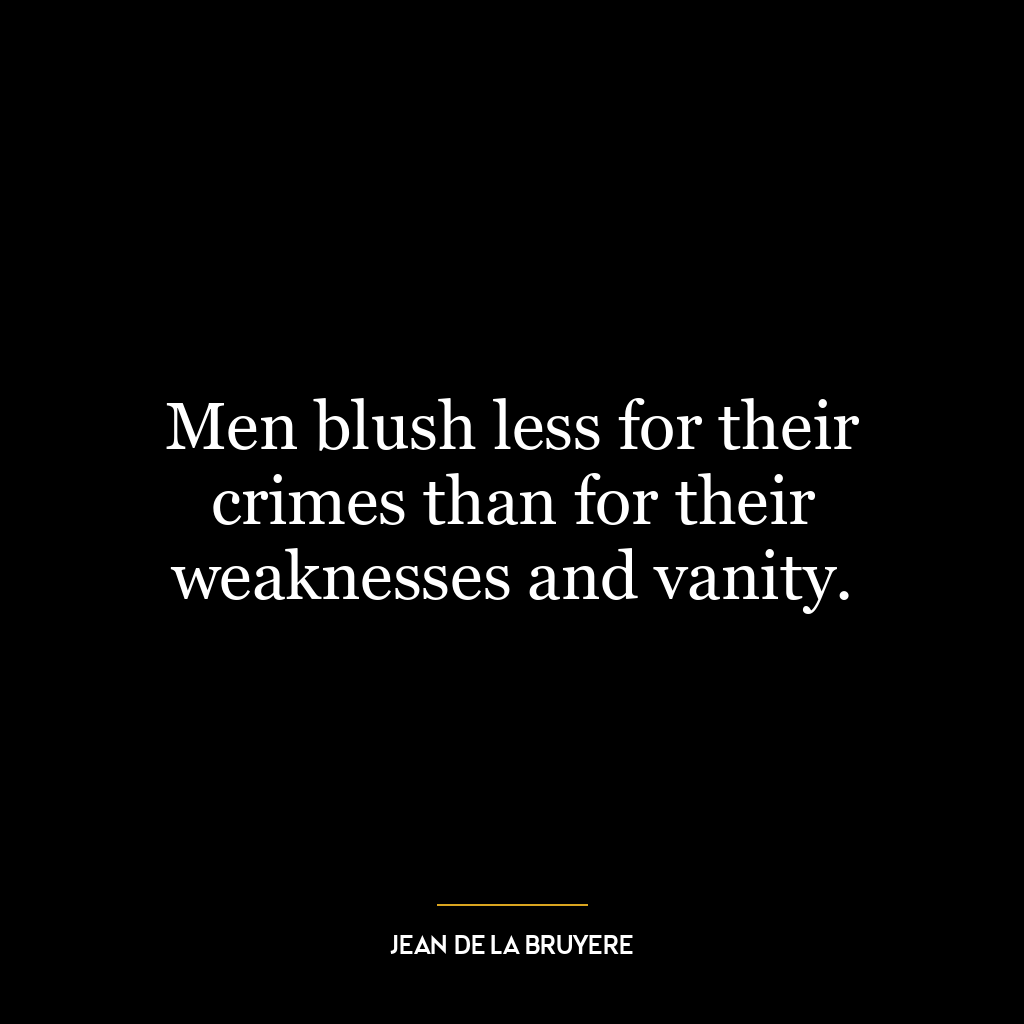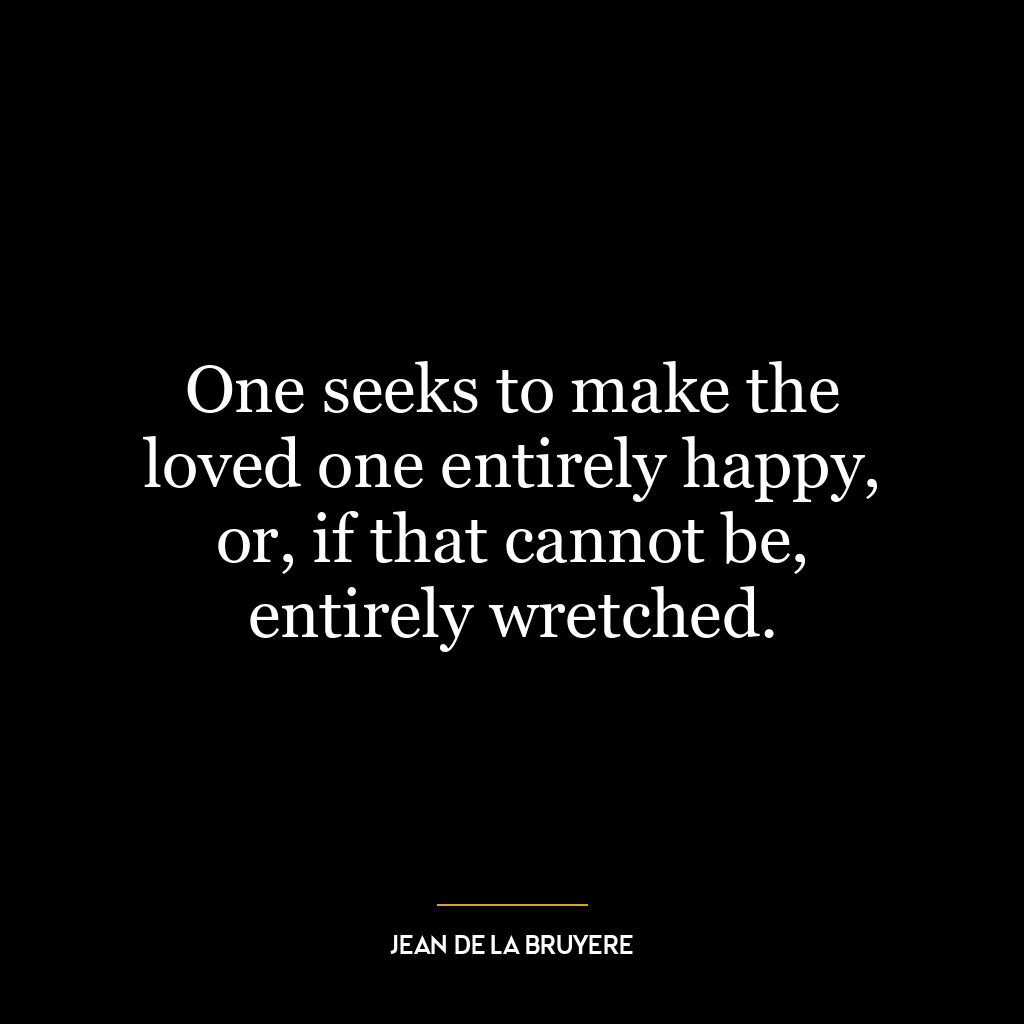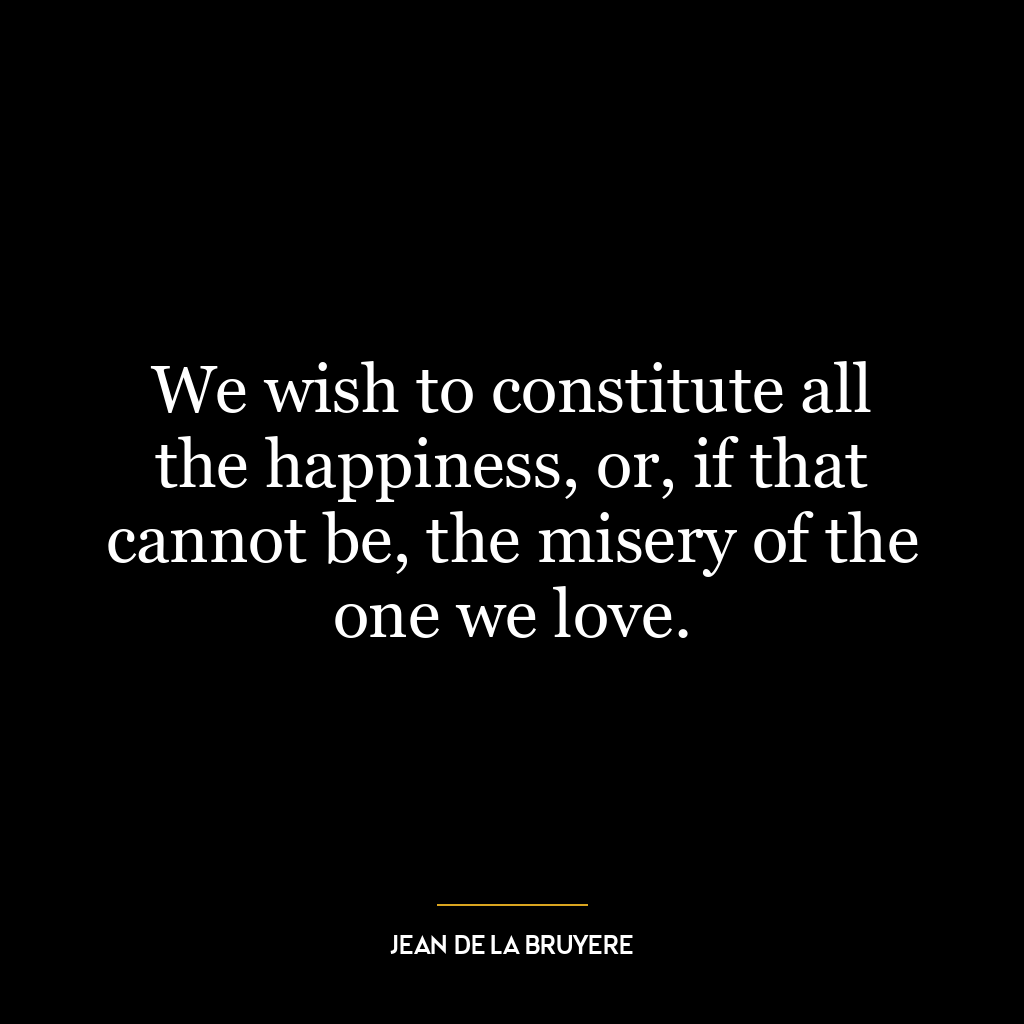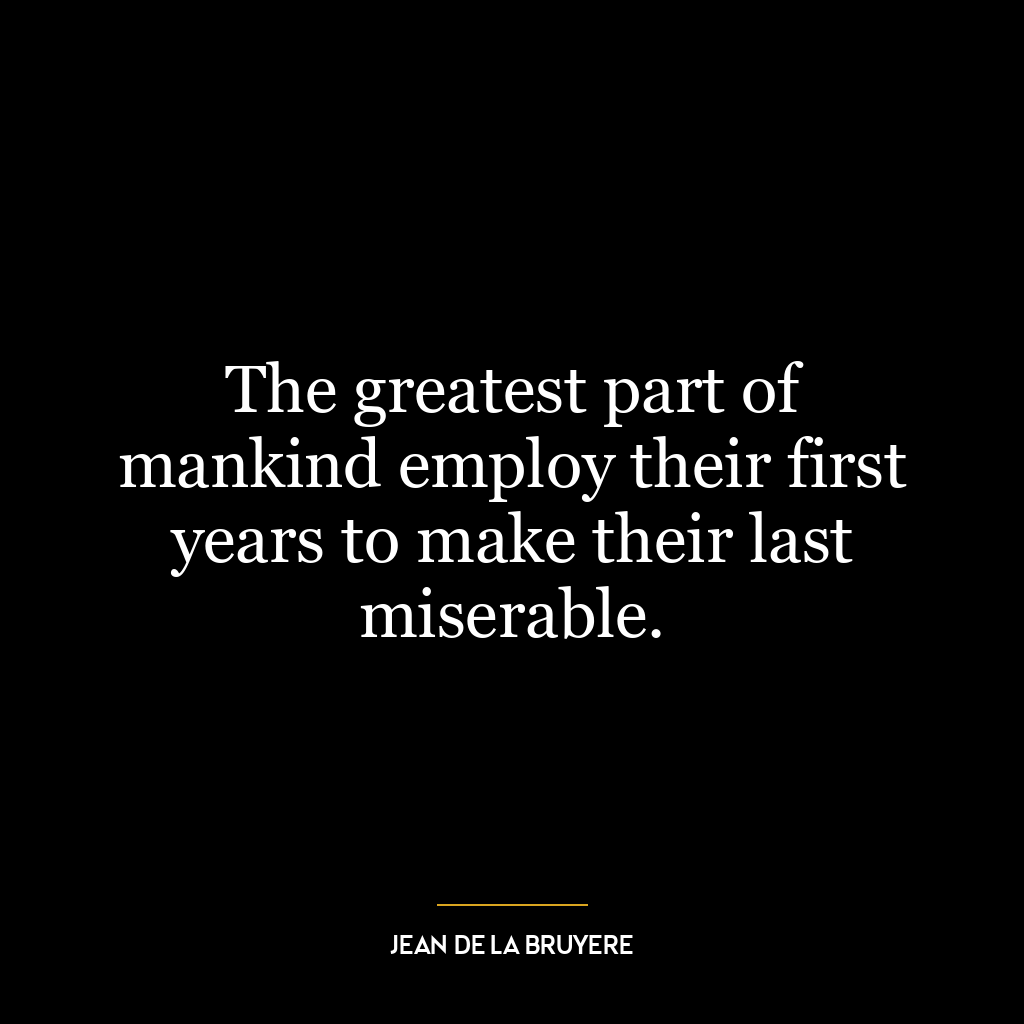This quote suggests that despair, or a state of utter hopelessness, not only amplifies our feelings of suffering but also our perceived incapabilities. When we are in a state of despair, our problems seem insurmountable, and we tend to underestimate our ability to overcome them. It’s like looking at life through a distorted lens that magnifies our troubles and minimizes our strengths.
In a broader sense, the quote underscores the power of our mental state in shaping our reality. When we let despair take over, it can create a self-fulfilling prophecy where we believe we are weak, and thus behave in ways that reinforce this belief. Conversely, if we can manage to maintain hope and positivity even in the face of adversity, we are more likely to tap into our inner strength and resilience.
In today’s world, this concept is highly relevant. We are constantly bombarded with negative news and challenges, from political unrest to environmental crises to personal struggles. It’s easy to fall into despair and feel overwhelmed by these issues. But if we let despair dominate, we might overlook our capacity to contribute to solutions, or to cope with and grow from our personal trials.
In terms of personal development, understanding this idea can be transformative. It reminds us that our perspective plays a crucial role in how we handle life’s ups and downs. It encourages us to cultivate resilience, optimism, and a strong belief in our own abilities. Instead of letting despair exaggerate our weaknesses, we can learn to see challenges as opportunities for growth and empowerment. We can train ourselves to focus on our strengths, and to approach problems with a mindset of solution and progress, rather than defeat.

